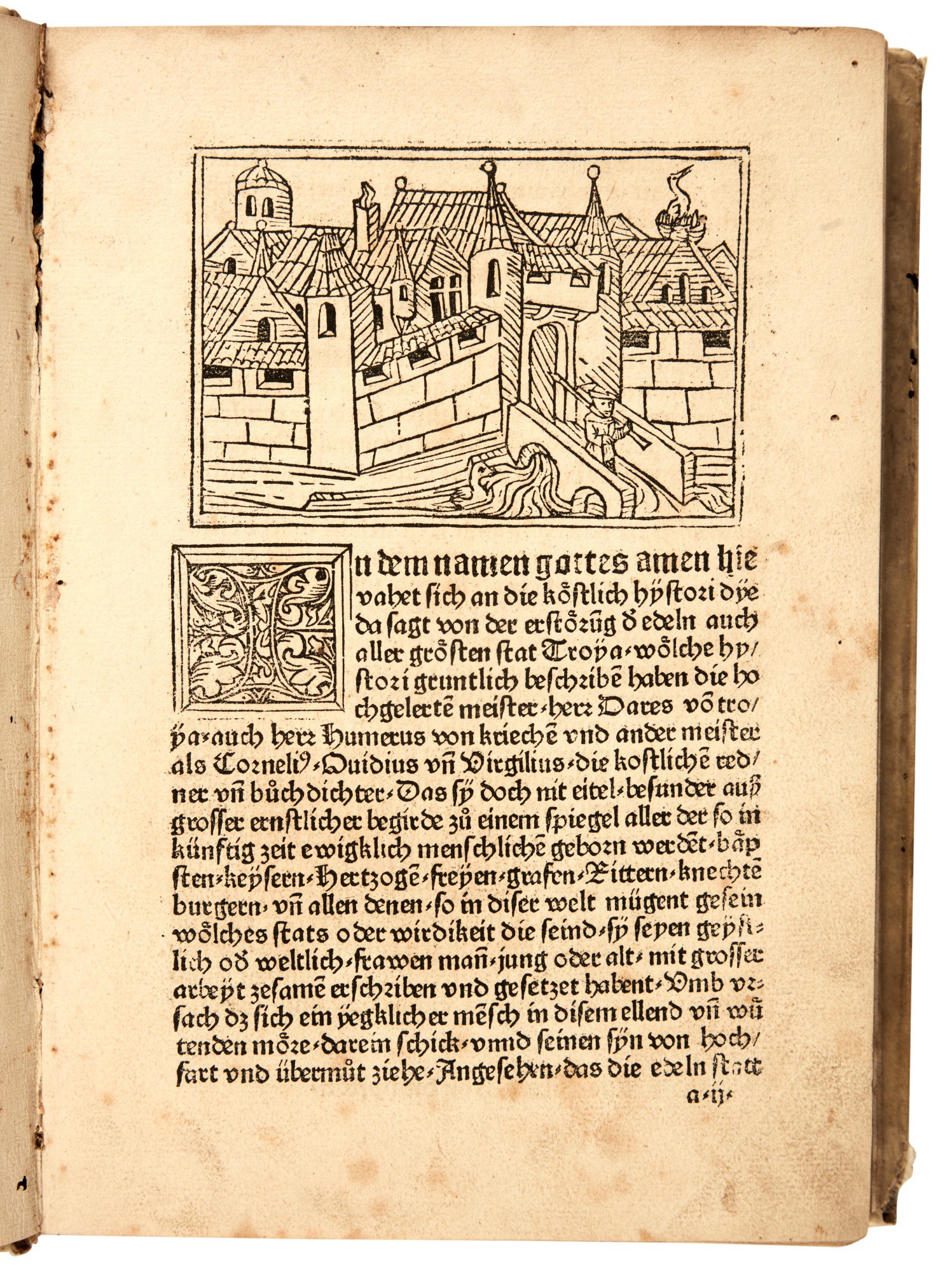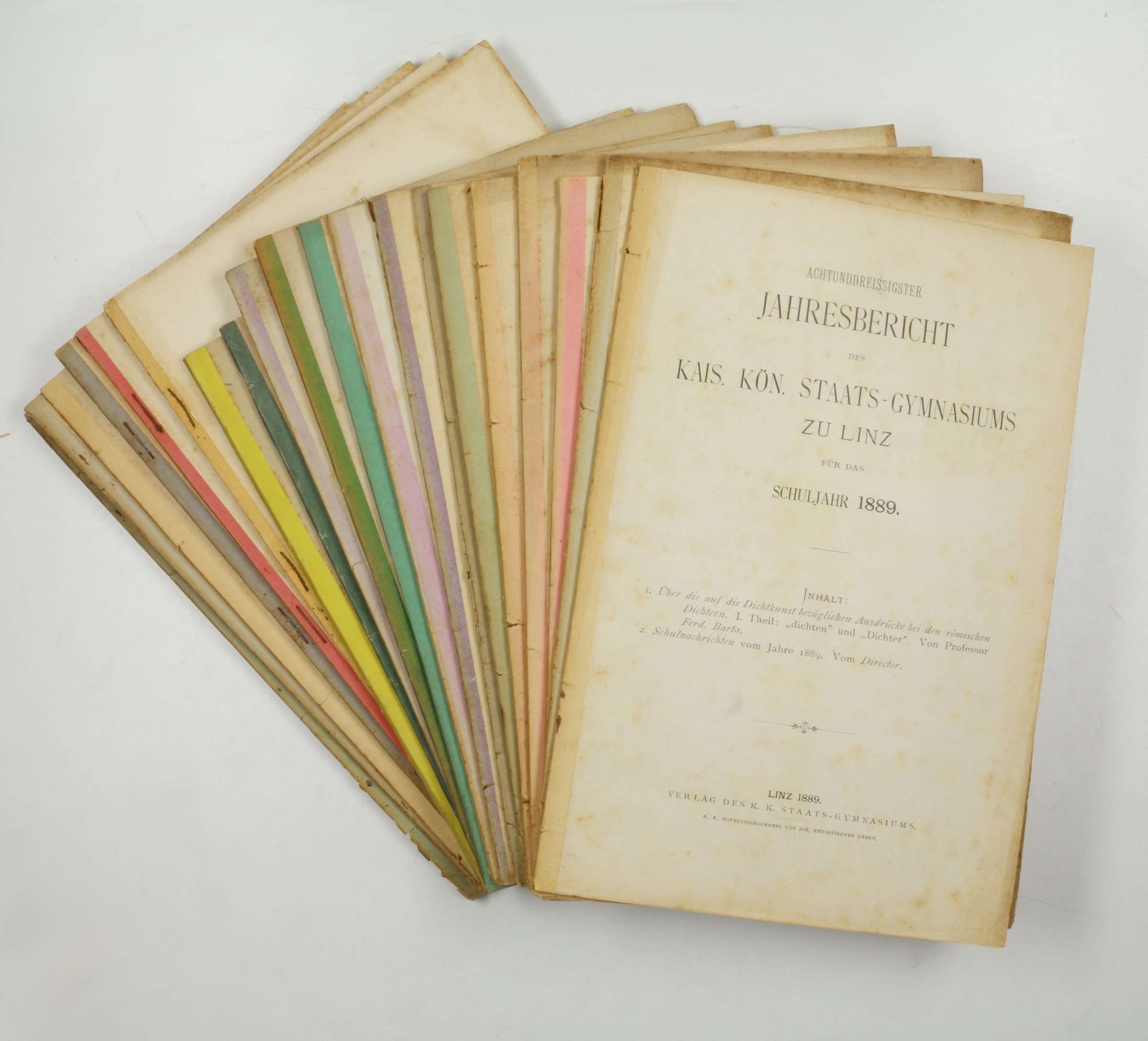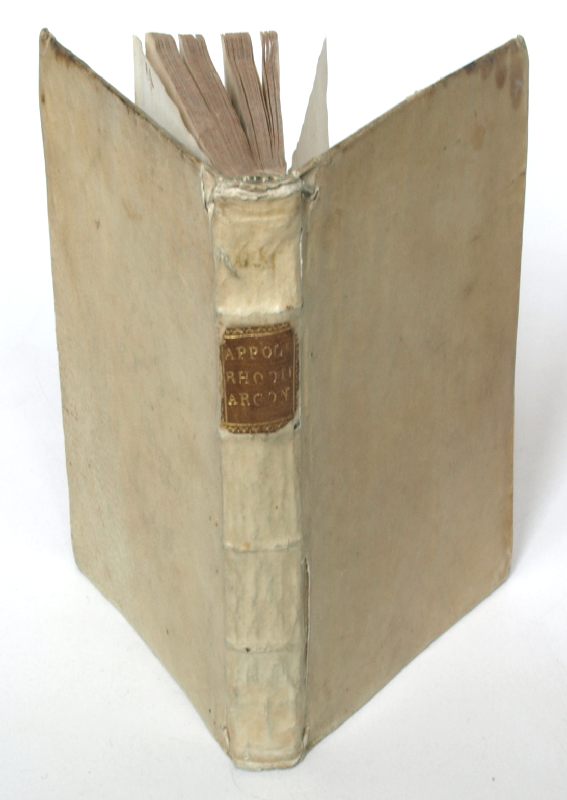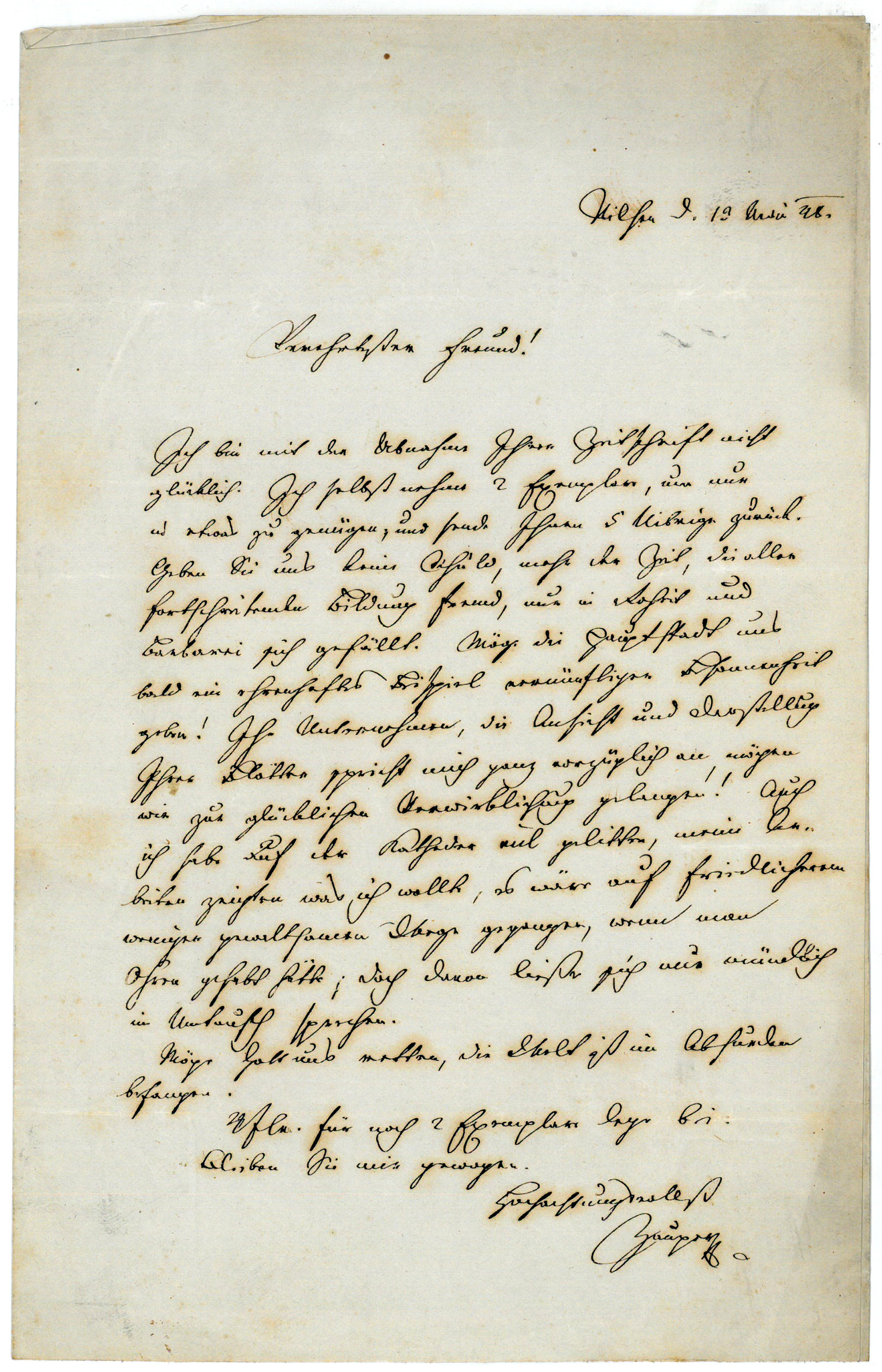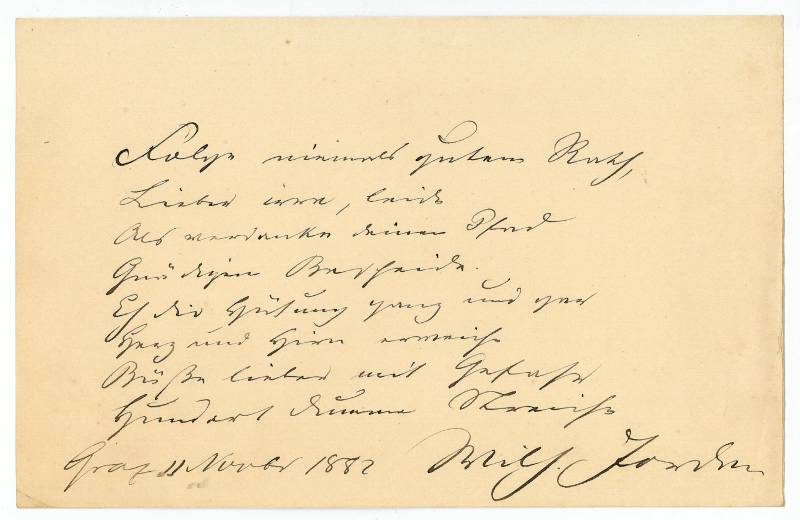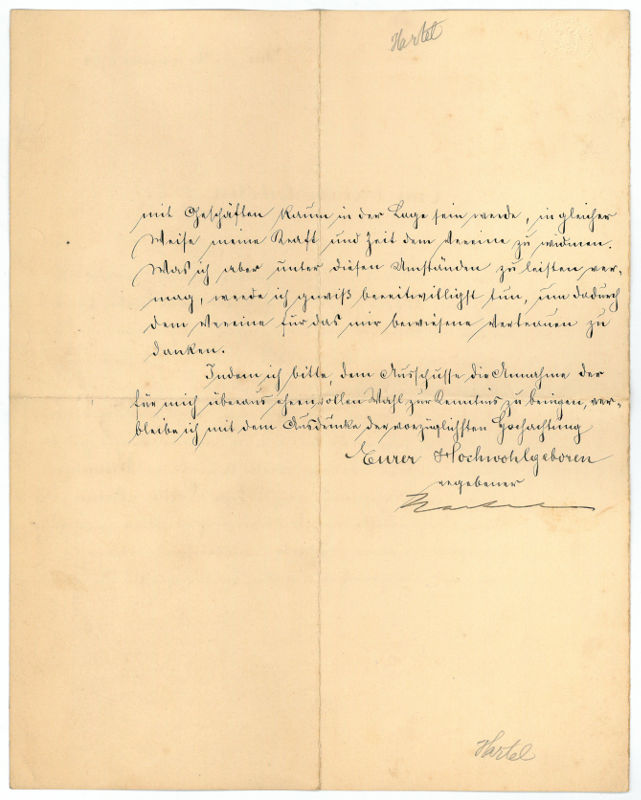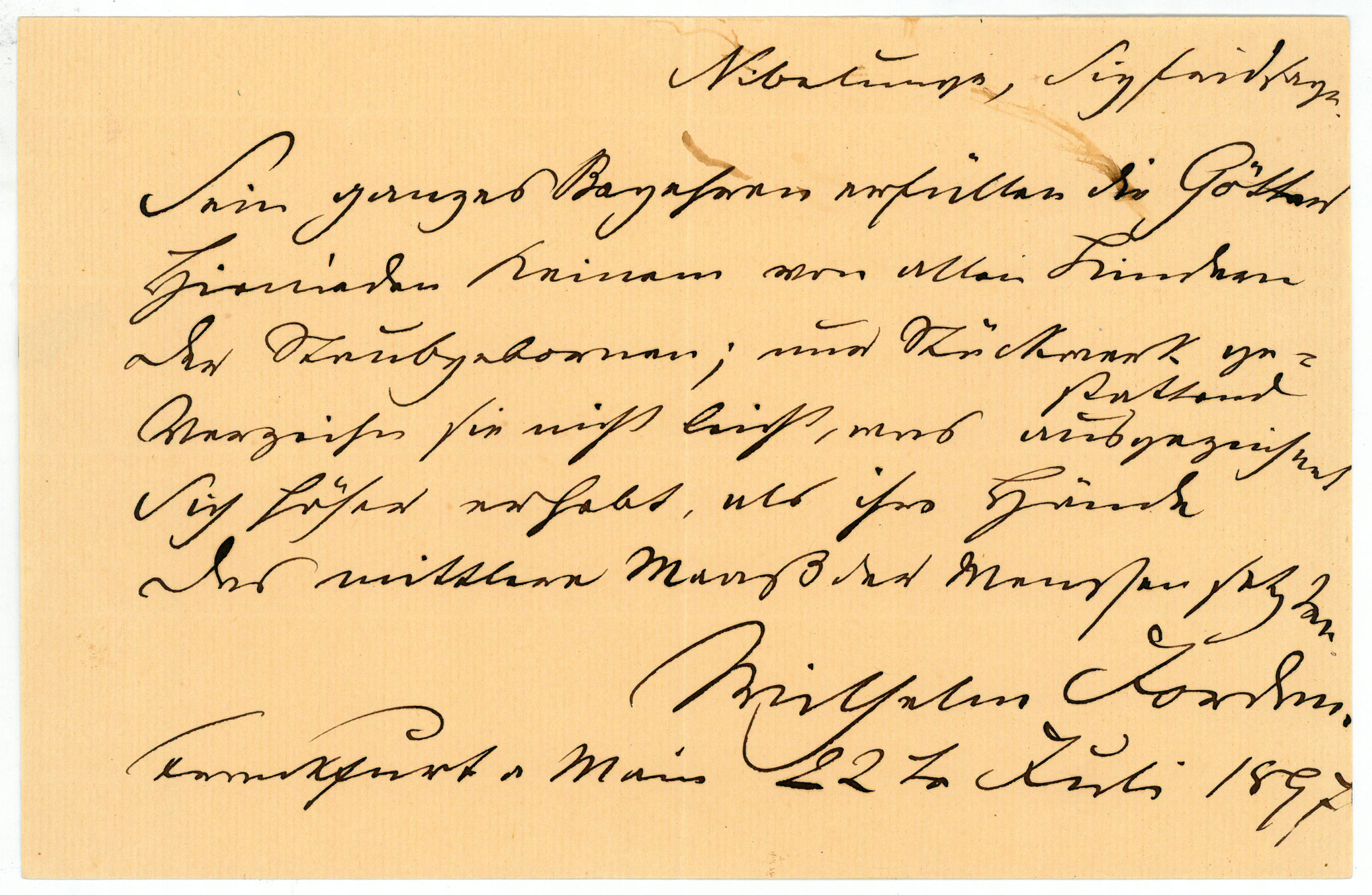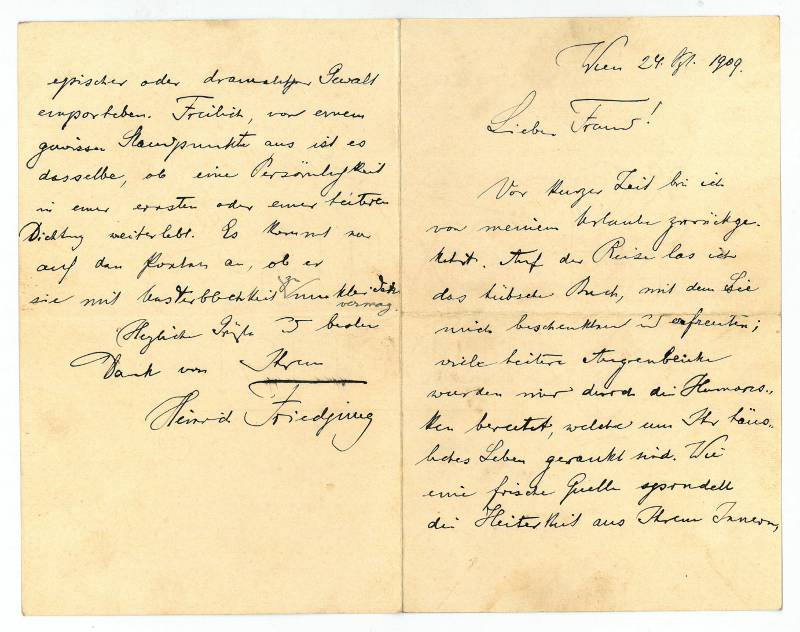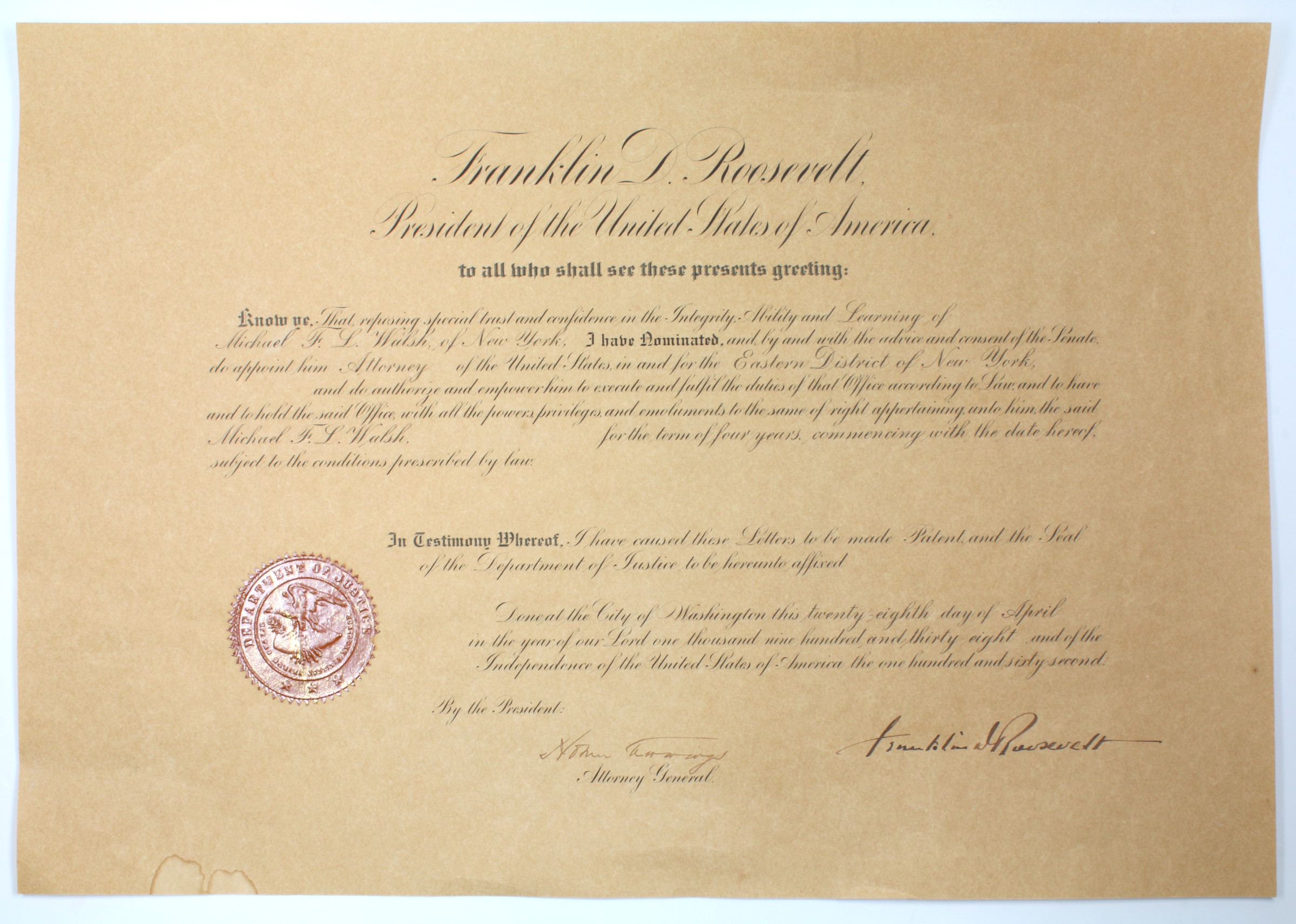
The Iliad is inscribed on the title page by the mathematician Georg Joachim Rheticus (1514-1574): "Ornatissimo et Doctissimo viro | Domino Casparo Kramero | amico suo intergerrimo | Ioachimus Rheticus d[onum] d[edit]". Kramer's autograph ownership is on the Odyssey's title page ("Caspari Crameri Leutschov."), as well as on the flyleaf ("Ex libris Caspari Crameri Leutschovien.", but this is smudged or wiped out).
Caspar Kramer was the rector of the Leutschau (Löcse, Levoca) grammar school in the 1570s (cf. A. Fabó, Monumenta evangelicorum Aug. Conf. in Hungaria historica III [Pest 1865], p. 181). The connection between the great astronomer and mathematician Rheticus (the sole student of Copernicus and the man principally responsible for publicizing the heliocentric model) and the obscure German-Hungaro-Slovakian pedagogue was hitherto undocumented.
Rheticus spent the final two decades of his life in Kraków as a practising physician, pursuing his scientific research as a private enterprise. In 1574 he accepted an invitation to Kaschau (Kassa, Košice) in the Kingdom of Hungary from the magnate and Imperial governor, the colonel János Rueber, and he is known to have given away several books to friends upon his departure from Poland (cf. Burmeister I, 175; II, 43f.). In Kaschau's wet and dreary November weather Rheticus soon developed a severe cold, and under the circumstances his sleeping in a freshly whitewashed room proved a fatal mistake: his illness turned into pneumonia, and he died on December 4 that same year. Rheticus had no known connections with Leutschau, then a wealthy trading centre in the extreme north of the Kingdom of Hungary. It is extremely likely that he passed through this city en route to Kaschau, which lay some ten postal miles further to the south-east, and, as a matter of course, there lodged with the principal local scholar, the rector of the Gymnasium. Rheticus and Kramer would seem to have struck up a friendship quickly. For the usually terse Rheticus, the inscription is comparatively long and, in spite of its use of stock phraeseology, expressive; he calls Kramer not only an "excellent and highly learned man", but also "his thoroughly honest friend". Rheticus's biographer Burmeister prepared a census of the scientist's known inscriptions in books (vol. II, 40-44) - fifteen altogether, though probably only a fraction of the total that once existed. Although many are to close friends (such as Achilles Gasser, Caspar Peucer, and Andreas Goldschmidt [Aurifaber]), only in a single inscription, to Georg Donner, does Rheticus employ the word "amicus", and even then without any adjective. All the presentation volumes in the census have an astronomical or mathematical theme; the present set is thus unique also in constituting the sole known example of a work of classical literature given away by Rheticus. That Homer was closely read by Rheticus is evident from the numerous references to and quotations from this and other Greek authors in his work; clearly, he had profited from his tutor and Greek instructor at Wittenberg, Melanchthon (cf. Burmeister I, 26). While Homer offers an eloquent description of the archaic model of the world (particularly the shield ekphrasis in Iliad bk. 18, lines 478ff.) which must have struck a chord in a scientist so actively engaged in revolutionizing the Ptolemaic system, we may assume that Rheticus had taken along the works of Homer for his private reading rather than for scholarly purposes, and when he parted from his host and newly found friend Kramer, he chose these volumes as his farewell gift - unfailingly appealing to the Leutschau classicist and, for the donor, easily replaced. As fate would have it, Rheticus died but months afterwards, and while it is unlikely that he ever acquired another set of Homer, it is arguable that this is very probably the last work from his library he ever inscribed and presented to a friend.
Slight browning throughout; lower blank margin of the Odyssey volume shows some worming (not touching text); 19th century ms. shelfmarks at upper edge of title pages obscured by strips of matching paper. Both volumes have a few ink underlinings, additional line numbers (Iliad bks. 2-3), and even textual emendations (Iliad bk. 2, lines 35f., 41, 651; Odyssey bk. 4, line 843). While this final emendation - which replaces "Mnesteres d' anabantes epepleon hyrga keleutha" with the now accepted reading "Telemacho phonon aipyn eni phresin hormainontes" - is probably by Kramer, the other corrections seem to resemble Rheticus's handwriting.
Unlike autographs by Johannes Kepler and Tycho Brahe, specimens in Rheticus's hand are exceedingly rare (not a single letter or ms. in auction records): none of the inscribed copies traced by Burmeister are in private collections, and a single example is known in the trade: a copy of Copernicus's "De revolutionibus", inscribed to Goldschmidt, which sold at Sotheby's NY in 1989. Unique association: the marriage of the greatest epic poet in literature and the first pioneer of Copernicanism - his personal copy, given away just before his death to a classicist in Hungary.
